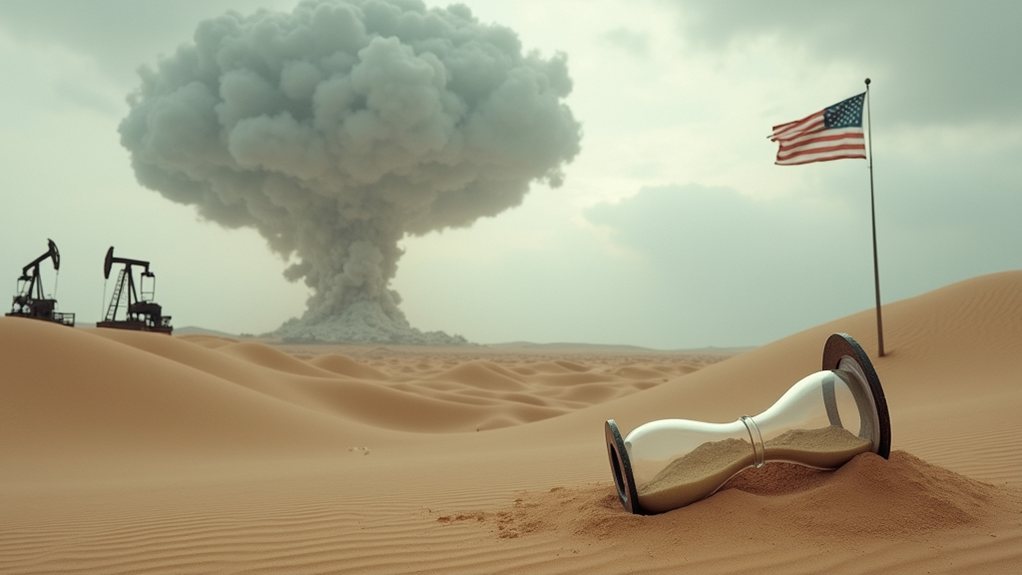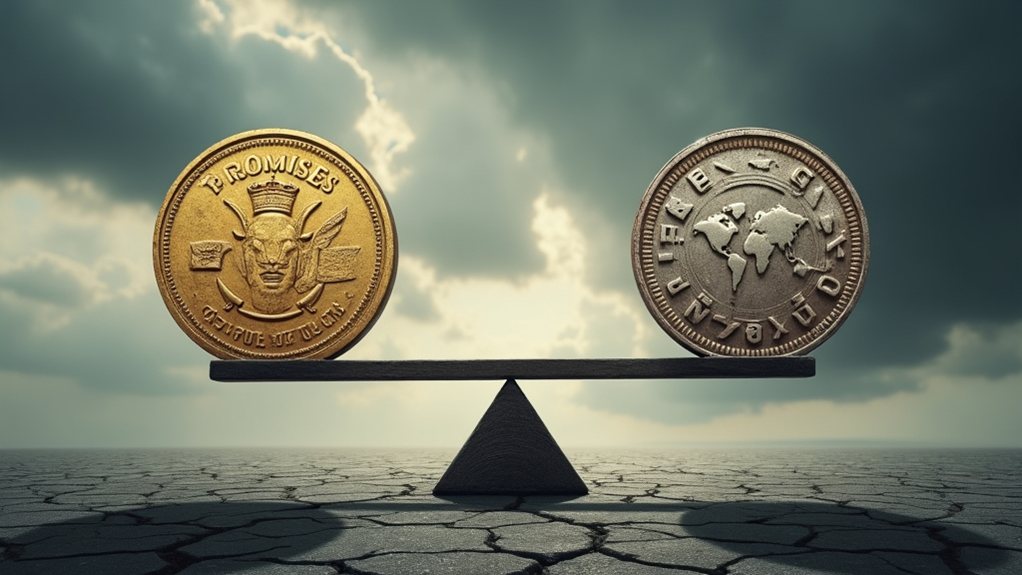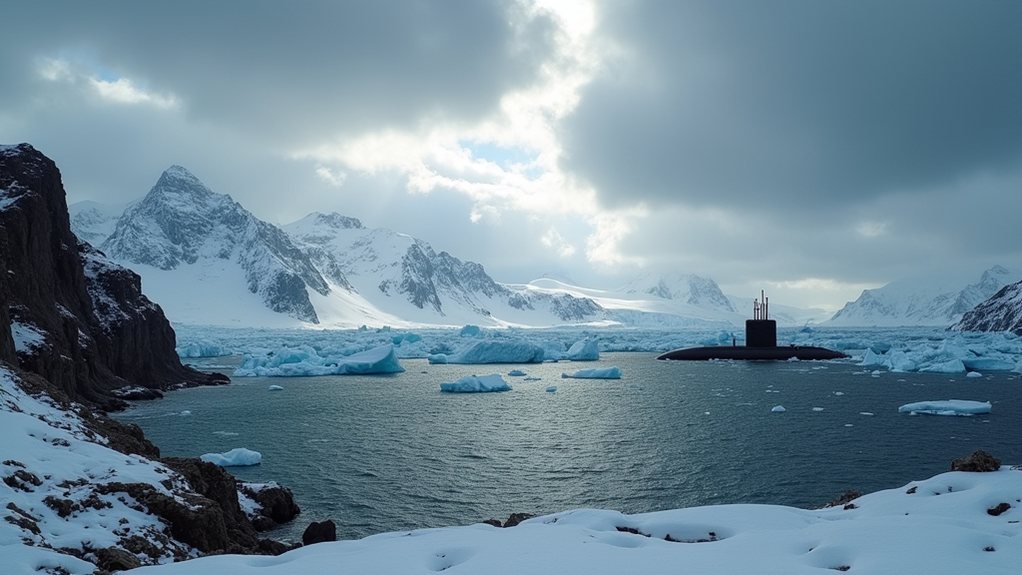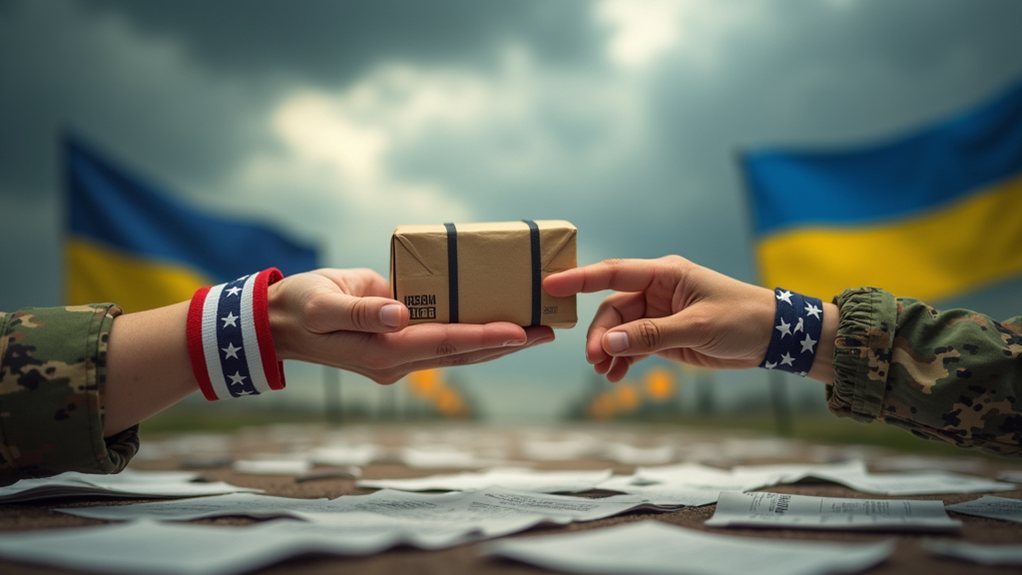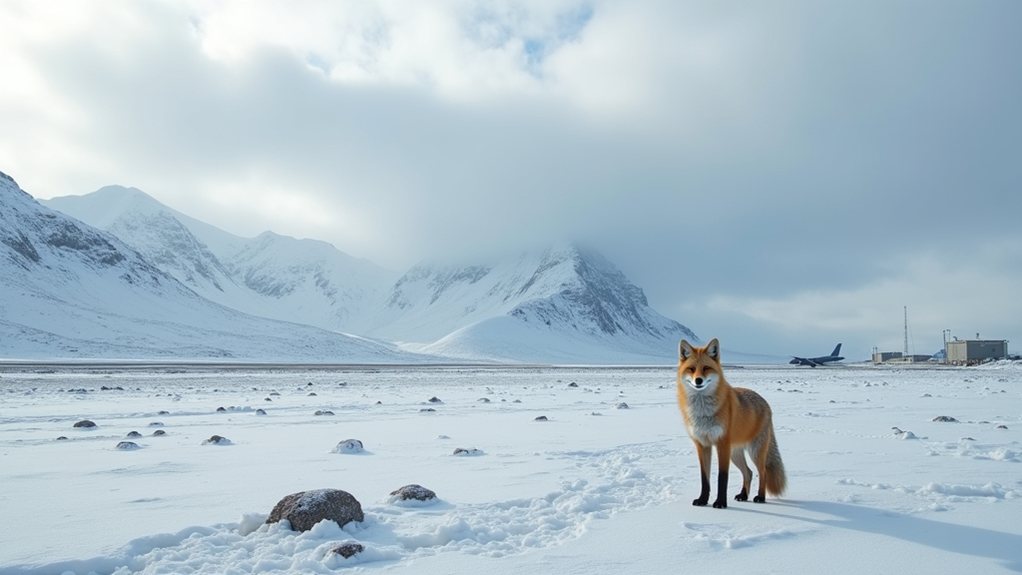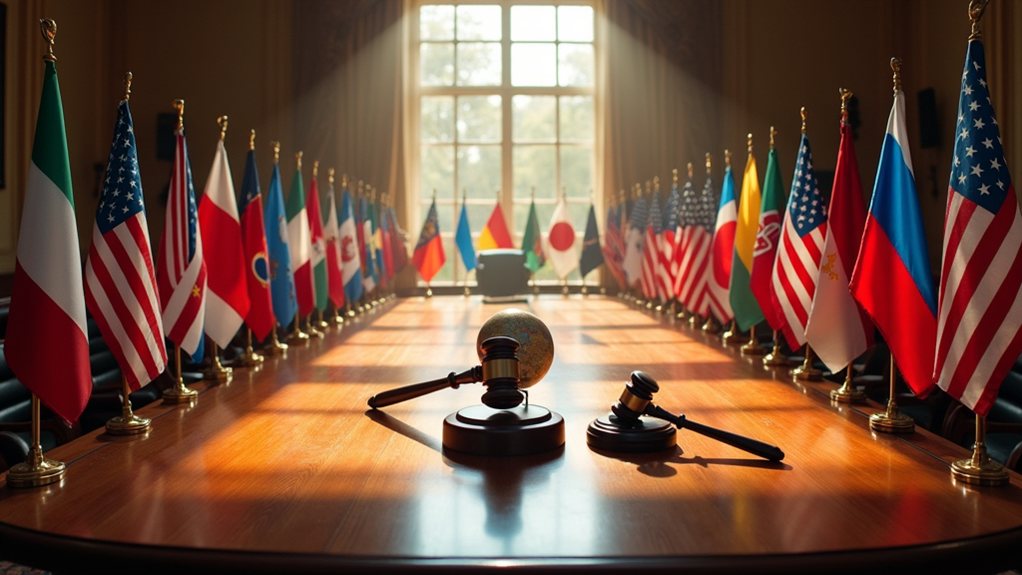As Iran faces serious internal challenges, including a deep economic crisis and ongoing protests, former President Donald Trump has made a new offer to negotiate a nuclear deal. The country is struggling with high inflation and unemployment. Many Iranians are protesting against government policies. These protests have led to a crackdown on dissent, with reports of human rights violations. Environmental issues, like water scarcity, also add to the troubles. Political infighting between hardliners and reformists complicates the situation further.
As Iran grapples with economic turmoil and protests, Trump's renewed nuclear deal offer faces skepticism from its leadership.
In the shadow of these internal problems, Iran has advanced its nuclear program. The country has enriched uranium to near weapons-grade levels and expanded its centrifuge capabilities. Cooperation with International Atomic Energy Agency (IAEA) inspectors has decreased, raising concerns about Iran's intentions. Some officials even debate the possibility of pursuing nuclear weapons. This situation has led to fears of a potential breakout time of weeks to months, as Iran is enriching uranium at near weapons-grade levels.
Trump's recent letter to Iran's Supreme Leader Ayatollah Khamenei proposes a new nuclear deal. He warns of possible military action if Iran continues its nuclear advancements. However, the specifics of Trump's proposed agreement remain unclear. This outreach echoes previous attempts to engage Iran diplomatically, but Iranian leadership dismissed it. They view Trump's demands as "bullying" and insist that sanctions must be lifted before any talks can take place.
The Iranian government's response shows deep skepticism about the U.S. intentions. Supreme Leader Khamenei and Foreign Minister Hossein Amir-Abdollahian have both rejected the idea of negotiations under sanctions.
Meanwhile, regional dynamics are tense, with ongoing conflicts involving Israel and Iran's support for groups like Hezbollah.
The international community watches closely. EU countries consider snapback sanctions, while the IAEA raises concerns about Iran's nuclear progress. The UN Security Council remains divided on how to address the situation. As Iran is in turmoil, Trump's offer seems unlikely to change the current landscape.
